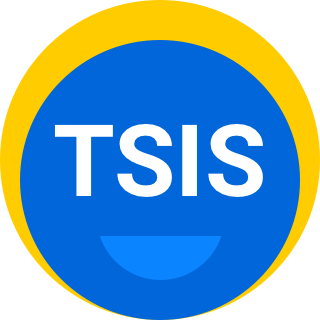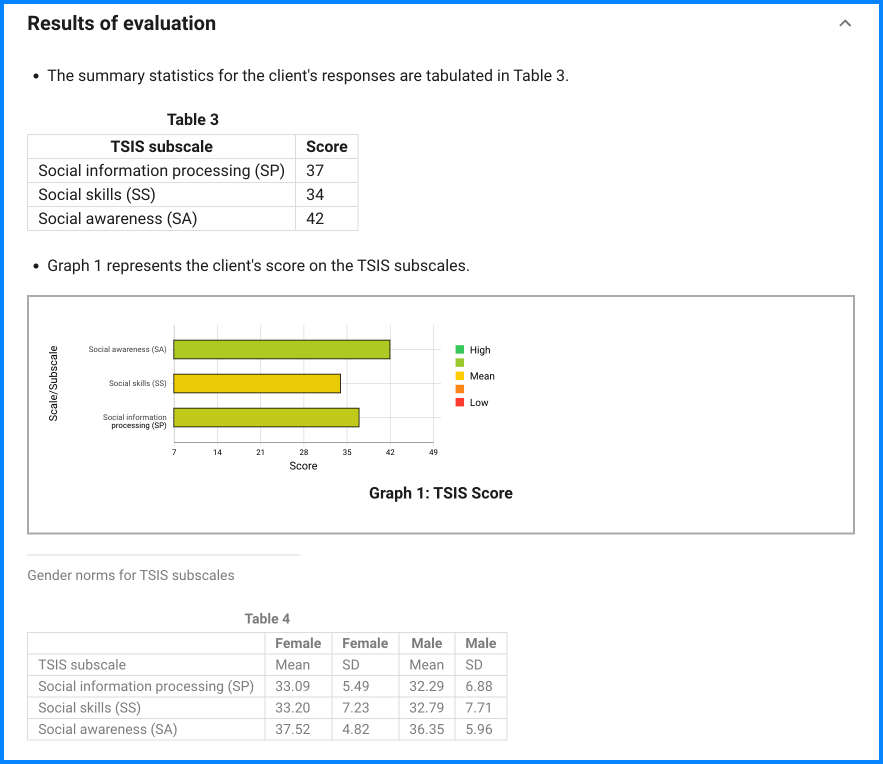For each item, participants indicate how well it describes them on a scale from: 1 (describes me extremely poorly) to 7 (describes me extremely well).
Interpretation (division of the items across the three subscales):
Social information processing: 1, 3, 6, 9, 14, 17, 19
Social skills: 4, 7, 10, 12, 15, 18, 20
Social awareness: 2, 5, 8, 11, 13, 16, 21
Items 2, 4, 5, 8, 11, 12, 13, 15, 16 and 21 are negatively worded and should be reverse scored



